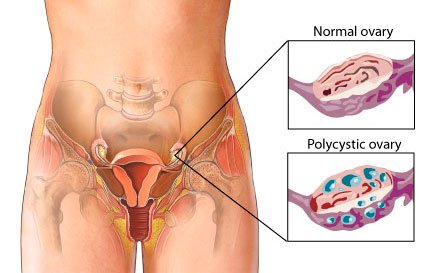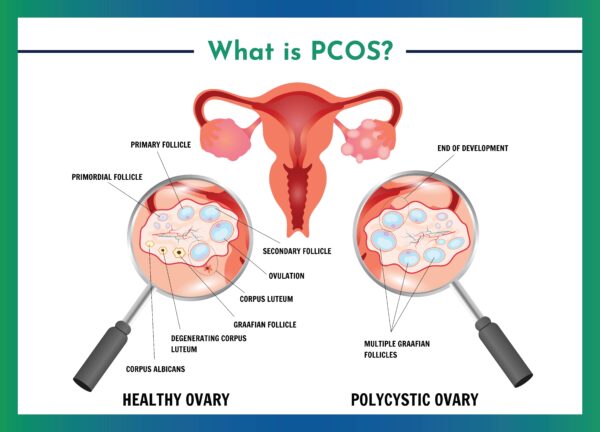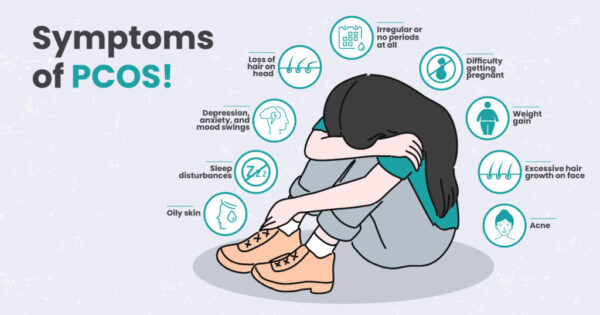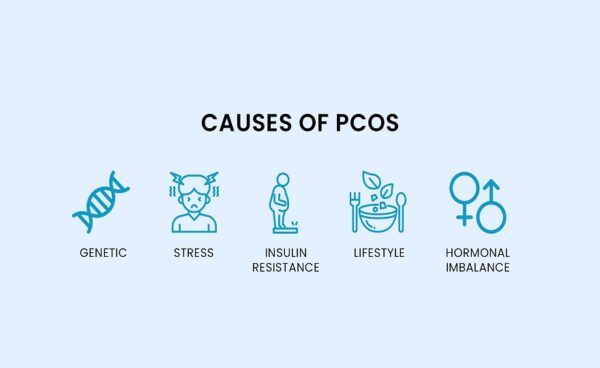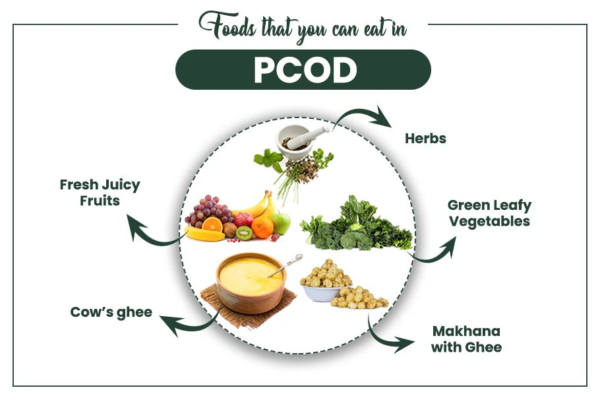Disclaimer:
The information provided here is for educational purposes only and should not be considered medical advice. Treatment for polycystic ovary syndrome (PCOS) should be sought under the guidance and supervision of a qualified healthcare professional or gynecologist. Individual responses to treatment may vary, and it is important to consult with a healthcare provider for proper diagnosis, evaluation, and personalized treatment options tailored to your specific health needs and circumstances.
